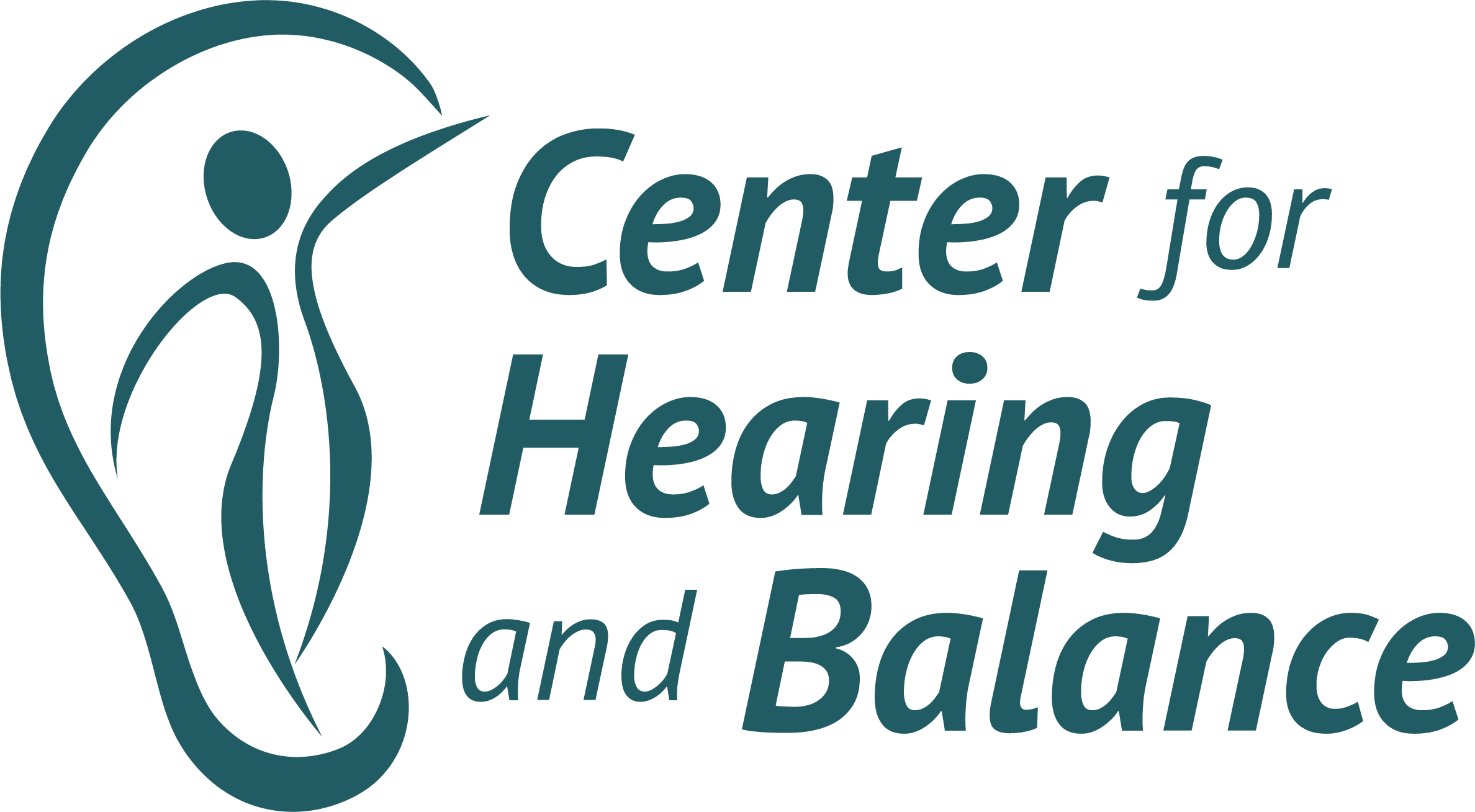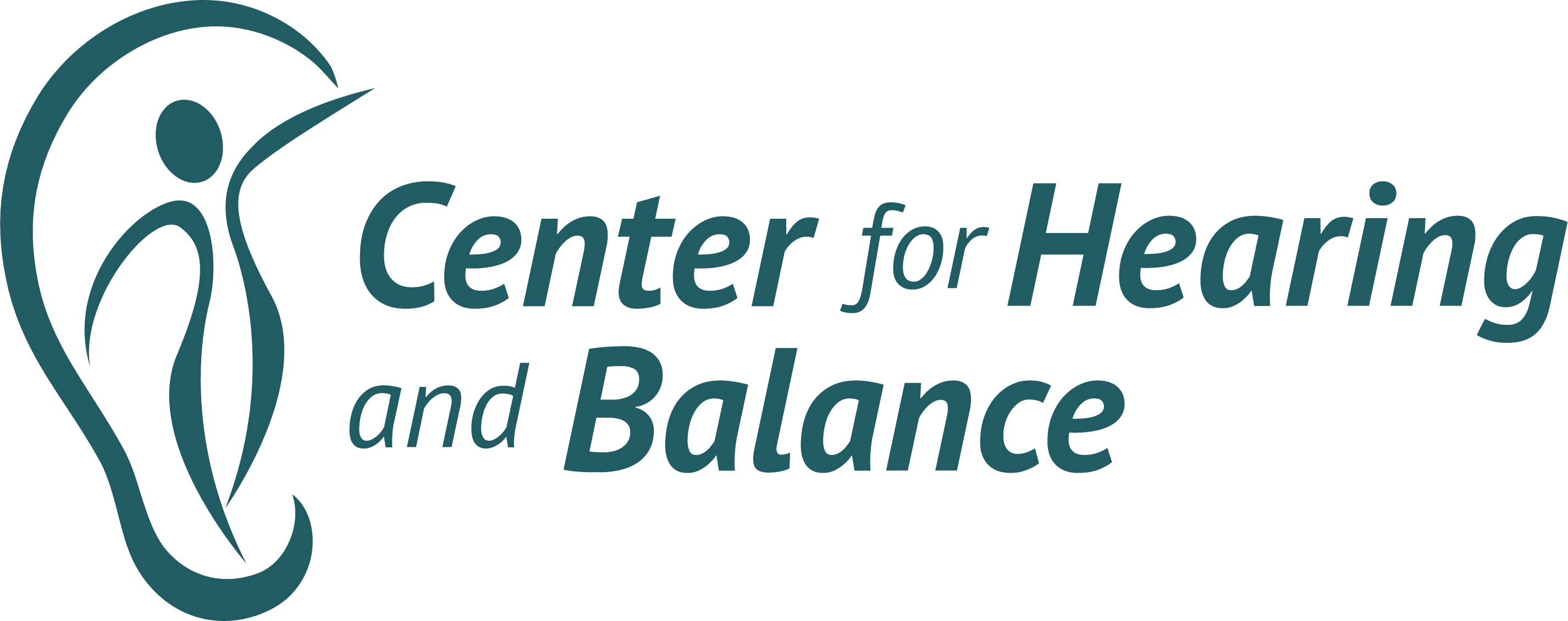- Hearing loss only affects older people…
- While hearing loss is more common in adults, it can affect people of all ages, including infants, children, and young adults.
- Hearing loss is mostly caused by loud noise…
- Frequent loud noise exposure can be a cause of hearing loss, but there are a variety of other causes, including genetics, aging, infections, medications, and diseases.
- Hearing aids will restore normal hearing…
- While hearing aids can improve hearing and communication, they cannot restore normal hearing. Hearing aids amplify sounds and make them clearer, but they will not restore the damage or lost hearing cells in the ear.
- Hearing loss is not that big of a deal…
- Hearing loss can significantly impact a person’s quality of life, including communication difficulties, social isolation, and reduced job performance.
- Hearing loss is simple to detect…
- Many people with hearing loss do not realize they have a problem, and it can take years for them to recognize the signs. A hearing test is the only way to accurately diagnose hearing loss.
- Only people with severe hearing loss need hearing aids…
- Hearing aids can benefit people with all degrees of hearing loss, from mild to profound. Those with mild hearing loss experience satisfaction in life experiences when using hearing aids as well.
- Hearing loss cannot be prevented…
- While there are some causes of hearing loss that cannot be prevented, such as genetic factors and aging, there are steps that you can take to prevent your hearing. These steps being making sure you are going in for hearing tests, wearing hearing protection in noisy environments at a young age, and avoiding exposure to loud noises as you get older.
- Every kind of hearing loss can be treated…
- Not all types of hearing loss can be treated with hearing aids. It is important to consult with a hearing healthcare professional to determine the best course of treatment for your specific type and degree of hearing loss.
- Hearing loss is always accompanied by the ringing in the ears…
- While tinnitus (ringing in the ears) is a common symptom of hearing loss, not all people with hearing loss experience tinnitus. Conversely, some people with tinnitus do not have hearing loss.
- Hearing loss is not linked to other health problems…
- Hearing loss has been linked to several other health problems. For example, depression, cognitive decline, and cardiovascular disease. Be sure to get checked by a hearing healthcare professional to make sure your hearing is not linked to any underlying diseases.


